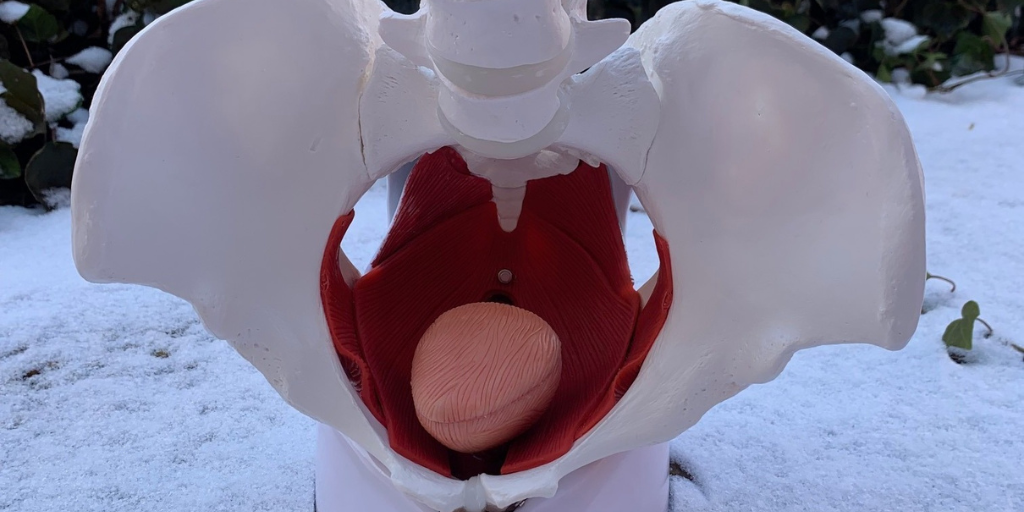Written by: Dr. Lisa English, PT, DPT, WCS & Nesin Pelvic Health Clinic Director
Are you in the “new year, new you” mindset? Many of us enter the new year with a fresh mindset, new goals to achieve, or new perspective! Maybe one of your hopes for the year is to learn more about you: what makes you tick, where you find wellness….or if you can finally tackle that annoying bladder leak when you cough! Let’s add to your self discovery by introducing your pelvic floor to you!
The pelvic floor is a complex structure of muscles, ligaments, tendons, and nerves that play a role in multiple functions in our body. They are an integral part of our body and while they have so many positive functions, the components of the pelvic floor can also come with struggles that a pelvic floor physical therapist can help treat!
Here are some of the major components of the pelvic floor:
The pelvic floor muscles: Our pelvic floor has layers of muscles. They perform multiple functions, such as supporting the organs in the area, controlling our bladder and bowel movements, aiding in orgasm and ejaculation, and moving fluids from our legs to our trunk. Issues with these muscles can lead to pain, difficulty emptying the bowel or bladder, or incontinence.
The pudendal nerve: There are other nerves that travel through the pelvic floor, but the pudendal nerve is the primary nerve in the area. This nerve can cause pain and is often described at pinching, burning, or sharp. The nerve travels from the spinal cord, through the sacrum to the pelvic floor muscles, all the way to the skin around the pelvic floor. Any of these areas could potentially cause nerve pain.
Sacrospinous and sacroiliac ligaments, and the ATLA: These ligaments are thick bands of tissue that help with structural joint and muscle support. They can sometimes be the driver of pelvic pain if they are not moving well!
These are just a few of the components of the pelvic floor, and the ones that we at Nesin Physical Therapy see and treat constantly! With its complexities can come complex pain or dysfunction, but thankfully our team is highly trained in assessing what is wrong and helping you feel good about knowing more about your pelvic floor!

